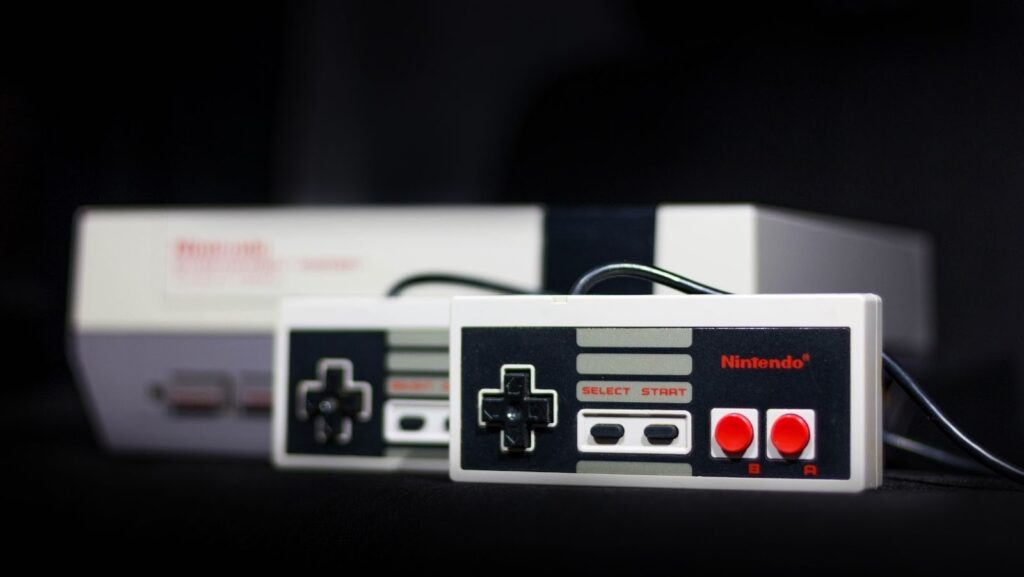Nintendo’s history and how it has evolved over the years
Nintendo is a Japanese multinational consumer electronics and video game company headquartered in Kyoto. Nintendo is one of the world’s largest video game companies by market capitalization, creating some of the best-known and top-selling video game franchises, such as Mario, The Legend of Zelda, and Pokémon.
The company was founded on September 23, 1889, as Nintendo Koppai by Fusajiro Yamauchi and originally produced handmade hanafuda playing cards. By 1963, the company had tried several small niche businesses, such as cab services and love hotels.
Akihiro Ogawa, the ninth president of Nintendo Co., Ltd., succeeded Satoru Iwata on July 11, 2015. His tenure is marked by a change in focus away from home console gaming, with a shift towards mobile gaming and smart device technologies.
The rise of mobile gaming and its impact on Nintendo
The growth of mobile gaming has been a major factor in the decline of Nintendo’s traditional console business.
In 2016, SuperData Research estimated that mobile gaming would generate $36.9 billion in revenue, compared to $29.4 billion for console gaming.
This trend has only continued in recent years, with mobile gaming growing at an annual rate of 13% between 2016 and 2020, while console gaming is expected to grow at a much slower rate of just 2%.
This shift in the market has had a major impact on Nintendo’s business. In its most recent fiscal year, the company reported that its revenue from mobile games was ¥62 billion ($583 million), while its revenue from console games was ¥574 billion ($5.4 billion).
This trend is only likely to continue in the future, as mobile gaming continues to grow in popularity while console gaming stagnates.
Why is Nintendo so stubborn
1. The rise of mobile gaming: As noted above, the rise of mobile gaming has been a major factor in the decline of Nintendo’s traditional console business.
2. The company’s focus on family-friendly content: While Nintendo has always been known for its family-friendly content, this has become even more pronounced in recent years. In 2012, the company released its Wii U console with a strong focus on family-friendly games and content. This strategy did not pay off, as the console was a commercial failure.
3. The company’s reluctance to embrace online gaming: Nintendo has been slow to embrace online gaming, and this has hurt the company in the competitive console market. While Microsoft and Sony have both embraced online gaming with their Xbox and PlayStation consoles, Nintendo has been much slower to adopt this trend.
4. The company’s lack of third-party support: Another factor that has contributed to Nintendo’s decline in the console market is the company’s lack of third-party support. While Nintendo has a strong lineup of first-party franchises, it has been unable to attract many third-party developers to its consoles.
5. The company’s poor marketing: Nintendo has often been criticized for its poor marketing, which has contributed to the company’s decline in the console market.
While there are many factors that have contributed to Nintendo’s decline in the console market, the rise of mobile gaming, the company’s focus on family-friendly content, and its reluctance to embrace online gaming have been the most significant.
As the video game market continues to shift away from console gaming and towards mobile gaming, Nintendo has been slow to adapt. This has resulted in the company losing market share to its competitors, and it is unlikely that Nintendo will be able to regain its former position as the leader of the console market.


More Stories
Unveiling the Power: Leveraging Your Xbox Console Guide
Study Jackpot: Acing Your Exams With Online Slots Discipline
Bonuses For New Players Of Wild Fortune Casino